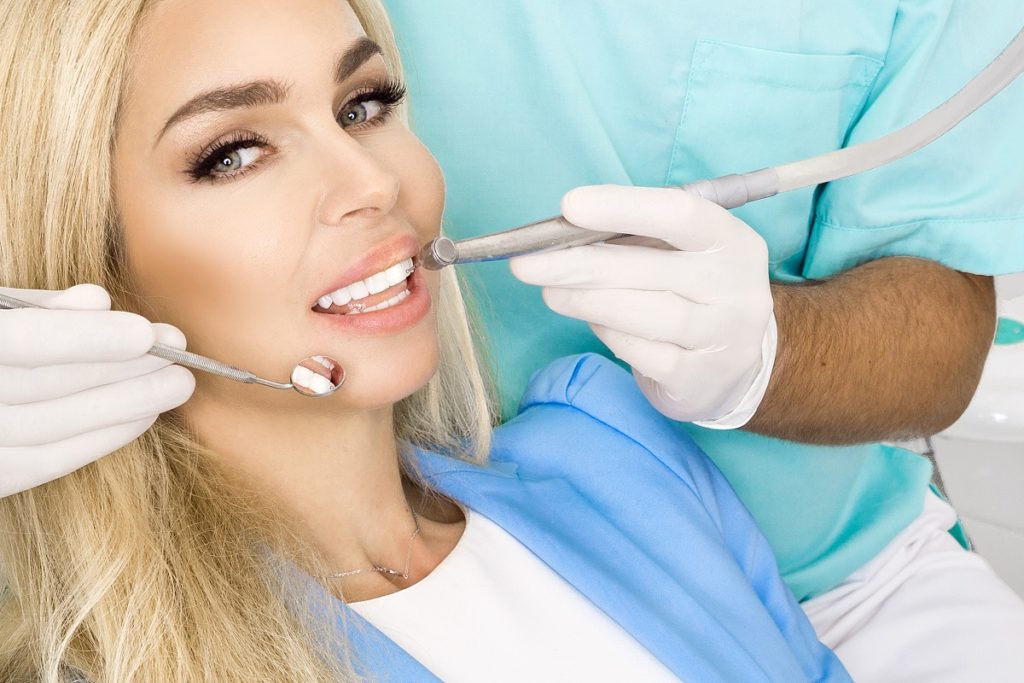The social pressures that you face in the hustle and bustle of modern life are enough to put you through emotional turmoil. Then, the media comes on board, raising the beauty standards to mythic proportions. Taking this into consideration, most people—especially teens and women—are keeping their heads in the clouds to live up to unrealistic beauty standards. However, the stress that comes along with it predisposes anyone to psychological disorders, including eating disorders.
Eating disorders like anorexia, bulimia, and binge eating disorder (BED) can gravely affect one’s quality of life, relationships, morale, and academic or work performance. Eating disorders can also lead to other psychological disorders, such as mood disorders and anxiety disorders. Despite these profoundly negative effects, you can cope up with eating disorders if you follow the right steps.
Get Professional Help
Just like most treatments, treatment for eating disorders involves medical and psychological interventions. When the first symptoms show, you should seek professional help from an anorexia or binge eating treatment center. You can gauge the effectiveness of your treatment if it not only addresses your symptoms or poor eating habits but also identifies the emotional triggers that have led to your eating disorder and your difficulty managing stress or anxiety.
There are a host of treatments available for disordered eating, including individual or group therapy, family therapy, nutritional counseling, medical monitoring, and residential treatment. When your health problems are in check, it is important to discuss a long-term treatment plan with your healthcare provider.
Seek Moral Support

Opening up to your family and friends about your condition can bring you a huge relief. However, it is important that you talk to supportive people who will not perceive your condition to be a taboo. Emotional support from trusted family members and friends can help you make great strides in your recovery, and one way to achieve this is by meal support. Conversations during mealtime can derail your destructive thought patterns and redirect your behavior. Additionally, your family and friends can help you stick with your meal plan by supervising your meals.
Follow a Balanced Diet
A strict diet can do more harm than good to those struggling with eating disorders, so taking a more lenient approach to dieting is recommended. For instance, if you have a binge eating disorder, you can limit your daily dessert consumption to an occasional treat rather than deprive yourself. Otherwise, you will think about food more. Also, it is recommended that you eat every three hours rather than skip meals. Remember to focus on the nutritious food that energizes you.
Enroll in a Fitness Program
We all know how regular exercise works wonders for the body, and it has a significant effect on stress management, too. If you have friends with whom you share similar fitness goals, encourage them to join a work-out program with you. That way, you can motivate each other to go the extra mile.
Do Affirmation Exercises
The best way to manage psychiatric disorders is to keep a positive outlook in life. You can purge yourself of negative thoughts by making positive statements of your desired outcome and repeating them mentally on a daily basis.
It is fair to say that overcoming eating disorders cannot be fulfilled in a breeze. It requires a huge amount of discipline and consistent effort. Nevertheless, if you are receptive to changes in eating habits and professional care, you can face the challenges with positivity and get back on your feet.


